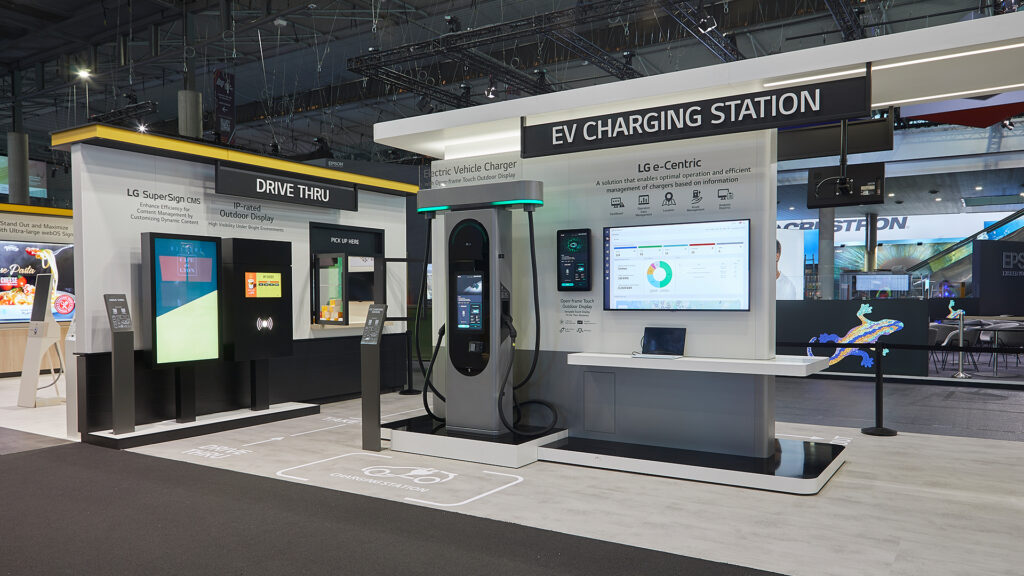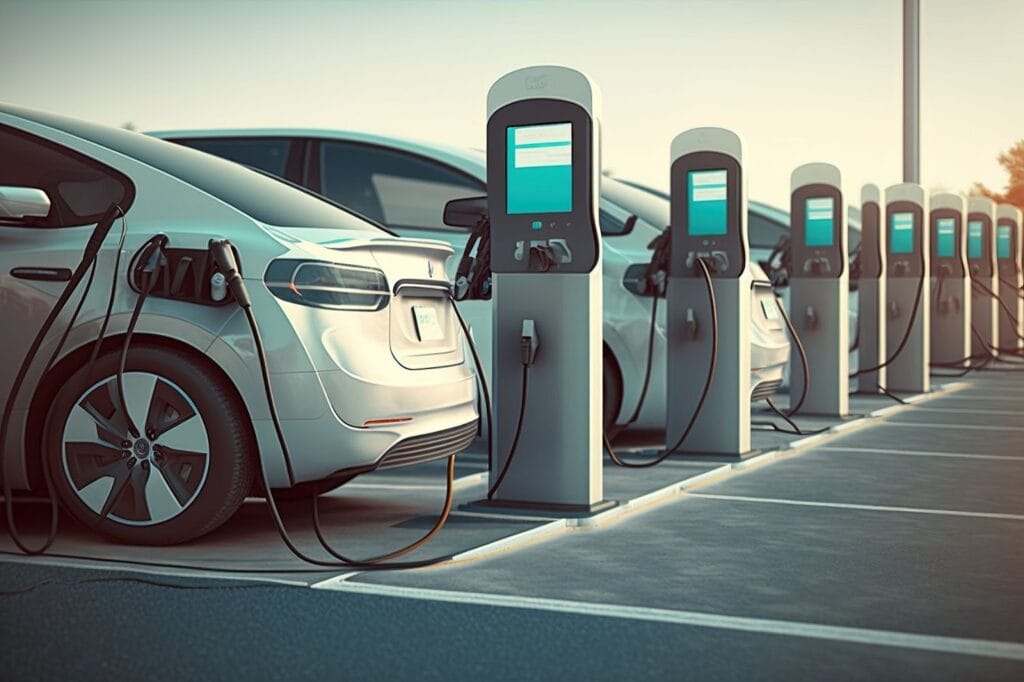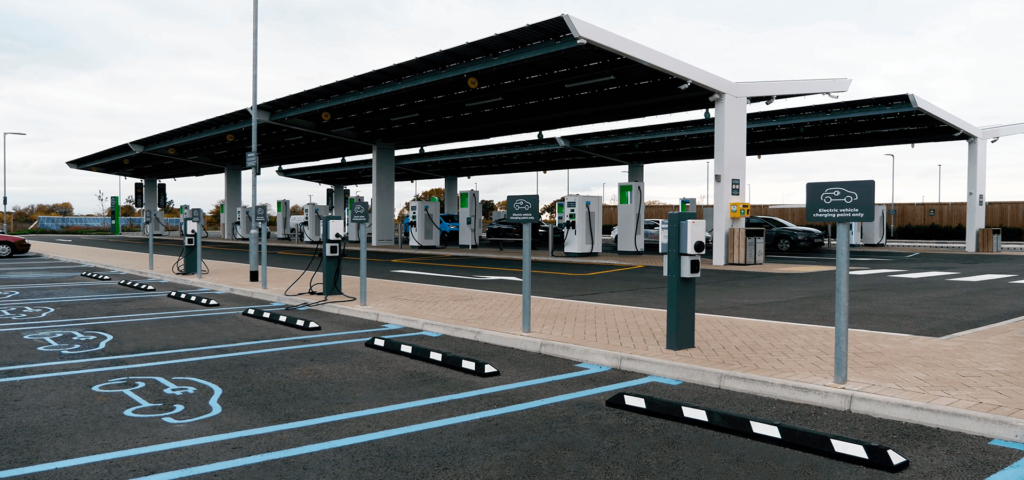
With the acceleration of the global transition to green energy, the development direction of electric vehicles (EVs) is becoming clearer. In the coming years, technological innovation, infrastructure development, and policy support will collectively promote the adoption and growth of EVs.
1. Technological Innovations to Boost Battery Performance
Batteries are a core technology in EVs, and significant breakthroughs are expected in the coming years.
| Battery Type | Features | Development Outlook |
|---|---|---|
| Solid-State | Higher energy density, safer | Reduces charging time, longer range |
| Sodium-Ion | Abundant materials, cheaper | Potential replacement for lithium |
| 800V Architecture | Increased charging efficiency | Enables faster charging speeds |
Solid-state and sodium-ion batteries are two key innovation areas. The former can significantly enhance the driving range of EVs, while the latter helps reduce manufacturing costs, making EVs more affordable.

2. Continuous Improvement in Charging Infrastructure
To support the growing number of EVs on the road, charging infrastructure development is essential. Governments and companies are investing heavily in charging networks, and more ultra-fast charging stations and smart systems are expected to emerge.
| Charging Technology | Charging Time | Application Scenarios |
|---|---|---|
| Ultra-fast Chargers | 20-30 minutes | Public stations, highways |
| Home Bidirectional Chargers | 6-8 hours | Homes, communities |
In the future, Vehicle-to-Grid (V2G) technology will gradually become widespread, allowing vehicle owners to not only charge their cars but also return electricity to the grid, further promoting renewable energy use.

3. Intelligent Connectivity and Software-Defined Vehicles
As autonomous driving and in-car connectivity technologies rapidly evolve, EVs will become increasingly intelligent in the future. The concept of software-defined vehicles (SDVs) is emerging, where many functions will be realized through software upgrades.
| Trend | Features | Impact |
|---|---|---|
| Autonomous Driving | Improves safety and convenience | Reduces human error |
| Internet of Vehicles (IoV) | Provides real-time information | Enhances driving experience |
| Software-Defined Vehicles | Functions updated via software | Increases upgradability and flexibility |
The trend towards intelligence and software-driven innovations will create more space for EV innovation, offering consumers more personalized options.
Conclusion and Outlook
In the future, the EV industry will achieve greater breakthroughs in technological innovation, infrastructure development, and intelligent growth. Progress in battery technology, expansion of charging networks, and the widespread adoption of AI-powered autonomous driving will all contribute to the thriving development of the EV industry.
The future of EVs is already here, and each of us is a participant and witness to this transformation.
Personally, I’d like to say: “This might be one of the fastest-growing eras in human history. We are fortunate to live in such a time. Let’s keep ourselves healthy and join in witnessing the near future—a marvelous and great era of intelligence.”



